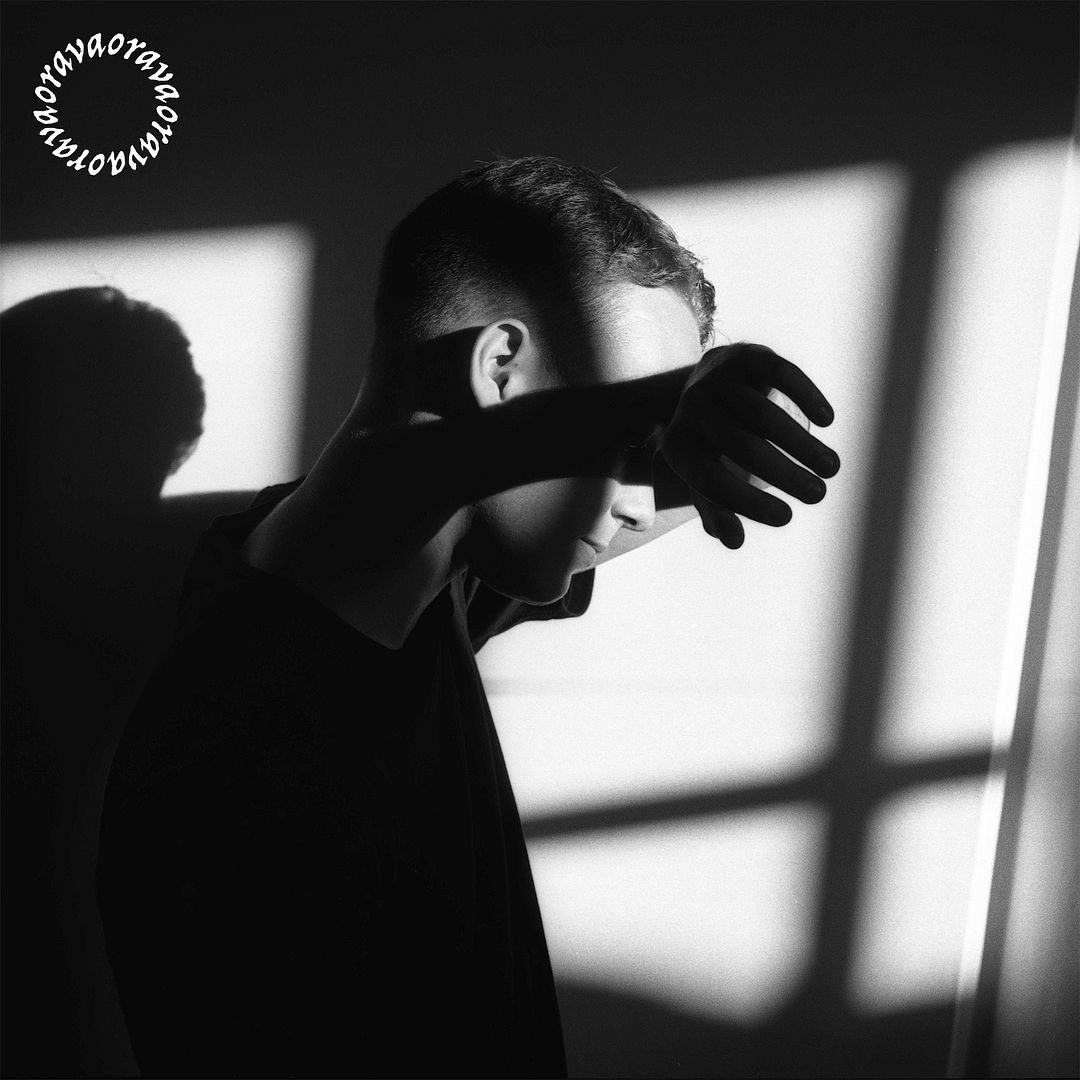Orava
[Interview # 223]
New music video out now !!!
1) Orava stands for "roaring river". What about that made you want to take the name- to compare your music with a roaring river?
I first heard about “Orava” from my drummer Radovan Brtko. Orava is a river but also the Slovakian region where he comes from. This name just had a nice feel to it, it is only later that I discovered its etymology. I had no intention to compare my sound with a “roaring river”. It is a beautiful image and a pleasant coincidence.
2) How would you describe your sound to someone who has never heard it before?
I’d describe my sound as a blend of alternative rock and electronic music. The mix of traditional and digital instruments is the main characteristic of my work. I draw inspiration from varied styles and eras, looking up to bands whose sonic footprints come from genre-mixing, such as Depeche Mode, Daft Punk or Electric Light Orchestra.
3) What is it like being French in the UK and how does that make you feel about the United States in terms of music as well?
Moving to the UK made me realise that music had no frontiers, some French bands like Air or Phoenix are much more popular in the US than in their native country. Ironically, French music wasn’t something I really got into before moving abroad. I have a strong attachment to my cultural heritage but I make music for everyone. France has an eclectic and prolific music-scene and I’m proud to be a part of it.
4) How do you feel your time spent studying music has impacted your views versus had you not studied music?
Studying music in London changed my way of perceiving and interpreting music. Harmony and theory have become my main tools as an artist. On the other hand, theoretical knowledge can be quite dangerous for a songwriter. Prioritising musical complexity builds a barrier to spontaneity. Nobody really cares what chords you’ll end up using. If it sounds good, it probably is, and that’s all that matters.
5) Your debut full length "Behind The Wave" is out September 25th. What was it like putting that together?
Making my first album was a long and intense learning process. I had to develop a lot of skills along the way and got into every aspect of music-making. From singing to recording, producing and mixing. I made this album between my flat and professional recording studios in London. (Abbey Road Studios, Soup Studios). Balancing DIY production with professional engineering was a way to make a good-sounding record and to keep it as authentic as it could be.
6) Do you believe there is still a place for physical media in 2020?
There will always be a place for physical media, just a different one. Buying CDs and vinyls has become a deeper proof of identification and support for today’s listeners. I’m part of a generation that doesn’t need to own a turntable to buy a vinyl. It surely has become more symbolic than it used to be.
7) What are your thoughts on record labels in 2020?
Record labels have a strong identity and still play a key-role in building an artist’s career. The rise of social media and streaming platforms have allowed artists to exist without a record label, or at least to start existing. It has never been easier to share our songs but multitasking is time-consuming and difficult. With the help of a record label, artists can focus on what they’re good at: making music.
8) Final thoughts, shout outs, etc...?
I am looking forward to releasing my debut album “Behind the Wave”. It will come out on September 25th on all streaming platforms. My new song “Now I Know” is my third single after “The Rest is Noise” and “Behind the wave” and will be included in the album tracklist.
I have just released the “Now I Know” music video on Youtube. There will be a new music video around the album release.
You can follow me on social media at @I.am.orava to get notified for the upcoming release and announcements.


Comments
Post a Comment